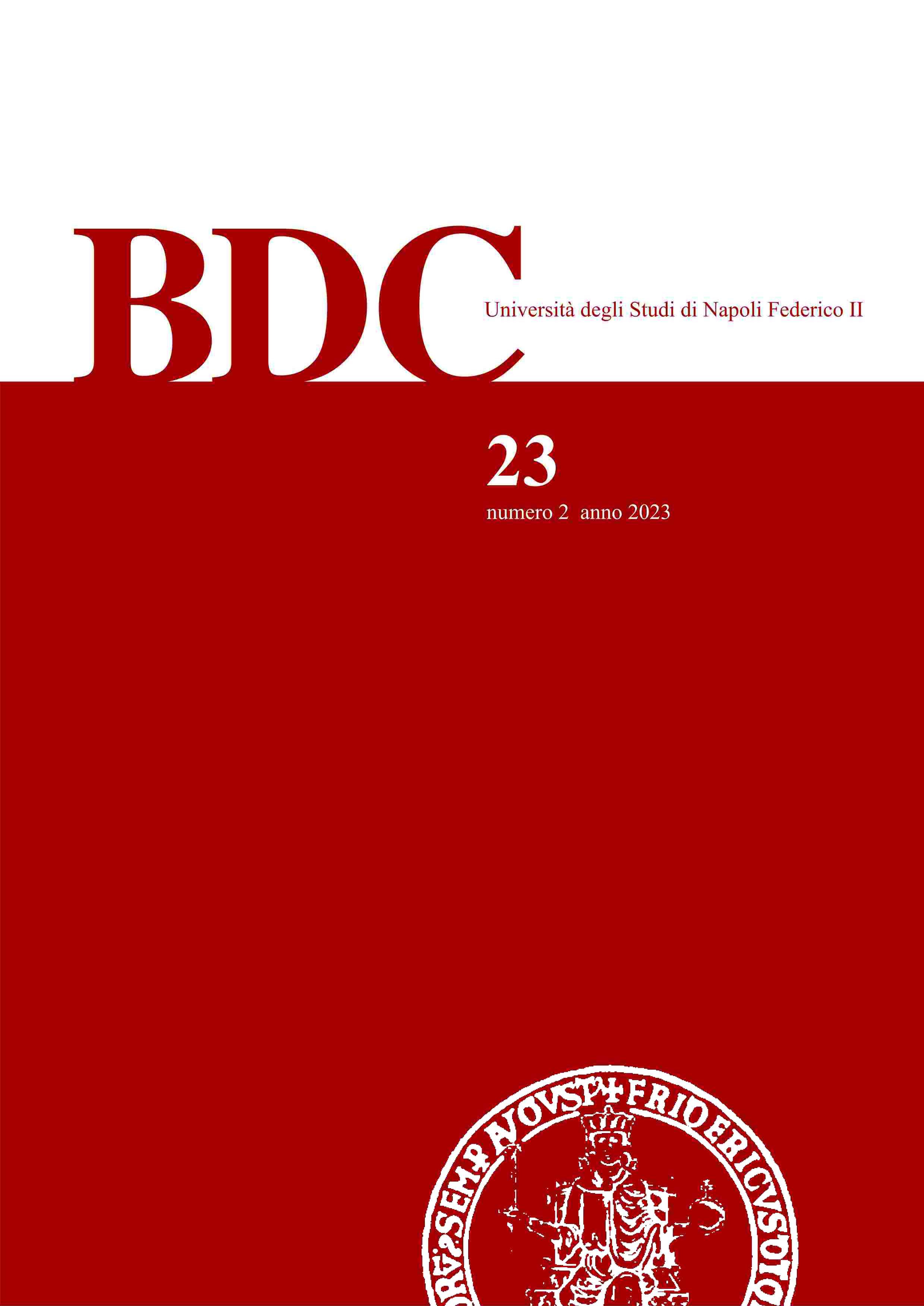Climate adaptation and Water Sensitive Urban Design: the case study of a university campus in the city of L’Aquila
DOI:
https://doi.org/10.6093/2284-4732/10501Abstract
Climate change will drive global temperatures to unprecedented temperature peaks by 2050 and, at the same time, it will increase the frequency and intensity of extreme precipitation events worldwide, with estimated return times of as much as 100 or 200 years for recorded precipitation amounts. Urban and peri-urban areas are the most affected by the effects of climate change, due to their highly sealed surfaces that make it impossible for water to filter into the ground. The issue has been further worsened since land consumption has exceeded certain limits. Therefore, in order to achieve climate adaptation of urban and peri-urban areas, resilient and adaptive retrofit interventions will have to made, placed within the broader framework of Water Sensitive Urban Design (WSUD) and Nature Based Solutions. The study area for the urban regeneration project is located in Italy, in the immediate western suburbs of the city of L’Aquila, the capital of Abruzzo.
Keywords: climate adaptation, urban regeneration, urban planning, sustainability, design

